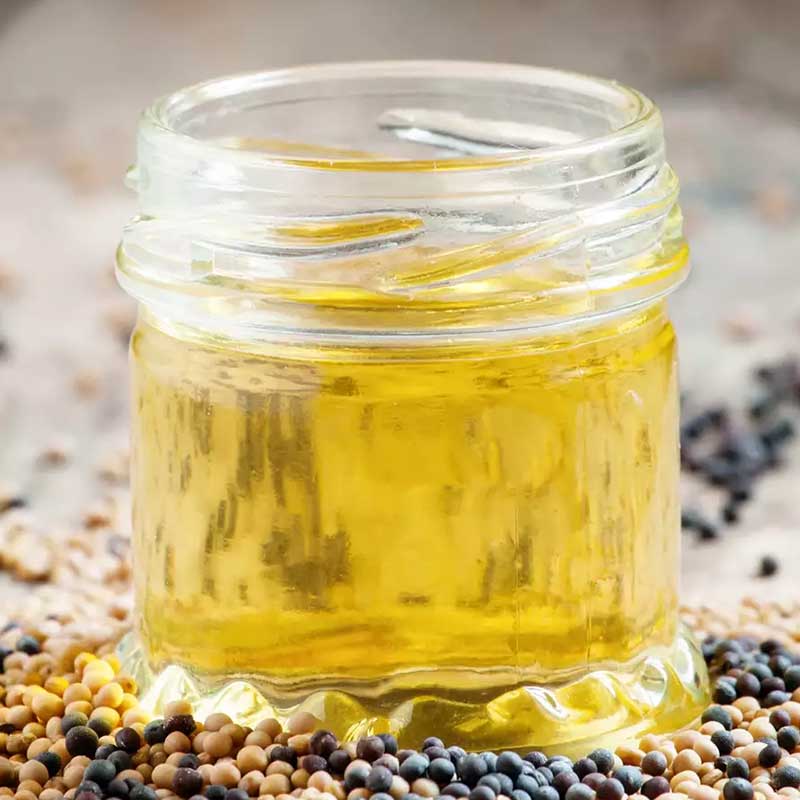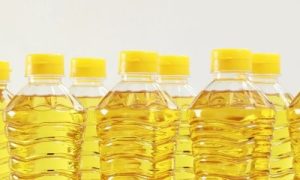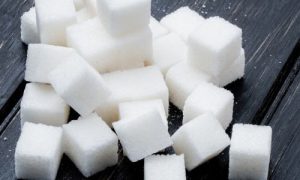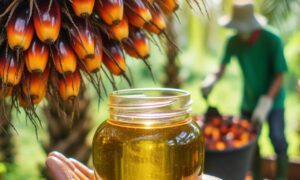Ahead of festive season, adulterated paneer, milk, and oil raise alarms for food safety in Lucknow

LUCKNOW As the festive season approaches, the spectre of food adulteration is casting a shadow over the culinary landscape in Lucknow. The Food Safety and Drug Administration (FSDA) Department has raised serious concerns about adulteration in staple ingredients such as paneer, milk, khoya, chena, and oil within the state capital.
Alarming statistics reveal that approximately 75% of paneer (cottage cheese) samples collected by the FSDA since January have failed lab tests, rendering them unsafe for human consumption. Additionally, around 30% of khoya and 25% of milk samples have also failed the tests, and roughly 15% of edible oil samples collected by the FSDA were deemed unfit for human consumption, according to Additional Commissioner of FSDA, SP Singh.
“This year, FSDA has procured around 58 samples of paneer from various shops in the city. Lab reports for 19 samples have been received, of which 14 were found to be unsuitable for human consumption. These samples were adulterated due to low fat content or the presence of foreign fat. While converting powdered milk into paneer is permissible, it must contain at least 50% fat. However, many shopkeepers resort to substandard powdered milk with low fat content. To compensate, some even inject foreign fat into the paneer, which becomes evident in the testing process,” explained Singh.
Since April, FSDA Lucknow has gathered a total of 282 samples. Out of these, reports for 261 samples have been received, and a staggering 159 have failed. Among these, 142 cases have been brought to court, resulting in fines totaling ₹91.3 lakh imposed on the adulterators.
In contrast, a shopkeeper countered, “Producing just 4 kg of paneer requires around 20 litres of milk. The actual cost of 1 kg of paneer surpasses ₹430. If any shopkeeper sells it for less, they are likely compromising on quality.”
During wedding and festive seasons, the demand for paneer soars to over 20 tonnes per day, with most sales originating from unregulated milk vendors and sweet shops. Here, the absence of monitoring often leads to subpar quality. Consequently, FSDA officials stress the necessity to regulate the sale of paneer, curd, milk, oil, and other such items.
Highlighting the adulteration process, Singh elucidated, “Adulterers concoct paneer or khoya from poor-quality skimmed milk powder mixed with starch. To meet FSSAI standards, one portion of subpar skimmed milk powder is combined with three portions of starch, while refined or hydrogenated oil is added for the required fat content. Shockingly, toilet cleaning sulphuric acid is sometimes used instead of citric acid to curdle the milk when making paneer.”
The prevalent high levels of adulteration in food items are causing concern, as noted by Dr Rakesh Kapoor, Medical Director of Medanta Hospital. He said, “Food adulteration has been a persistent problem, and it is imperative to take measures to prevent its harmful effects, given that food is a basic necessity of life.”
Provenance of Paneer!
An official from the Pradeshik Cooperative Dairy Federation revealed that India produces an estimated 15 crore tonnes of milk annually. If all of this were exclusively used for making paneer, the country’s production would amount to 7 lakh tonnes.
However, the annual consumption of paneer stands at 5 lakh tonnes. Given that only a fraction of the milk is utilised for paneer production, the question arises — where does the surplus paneer come from?
Officials acknowledge that local vendors often create paneer from a concoction of maida, palm oil, baking powder, discarded skimmed milk, and sometimes even harmful additives like detergent, bicarbonate of soda, and sulfuric acid, posing severe health risks.















